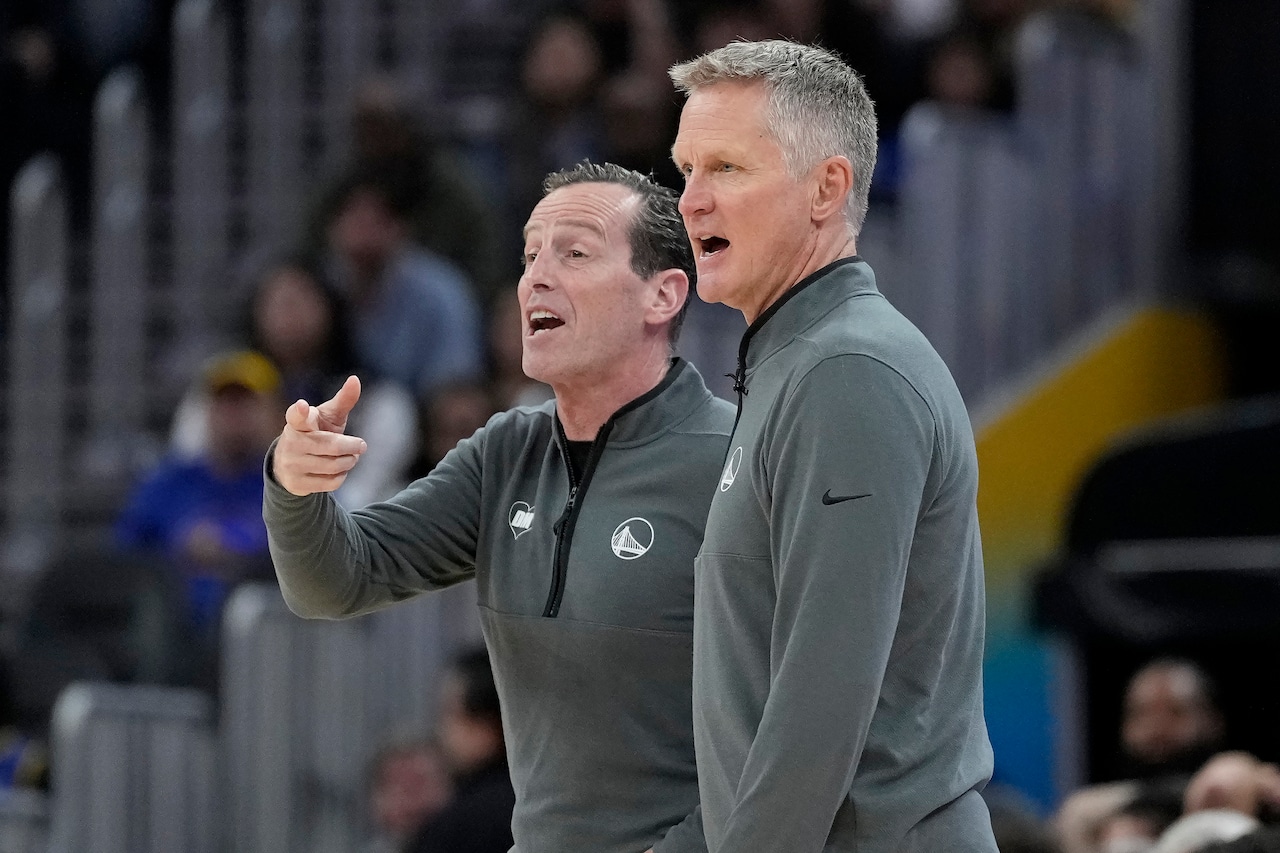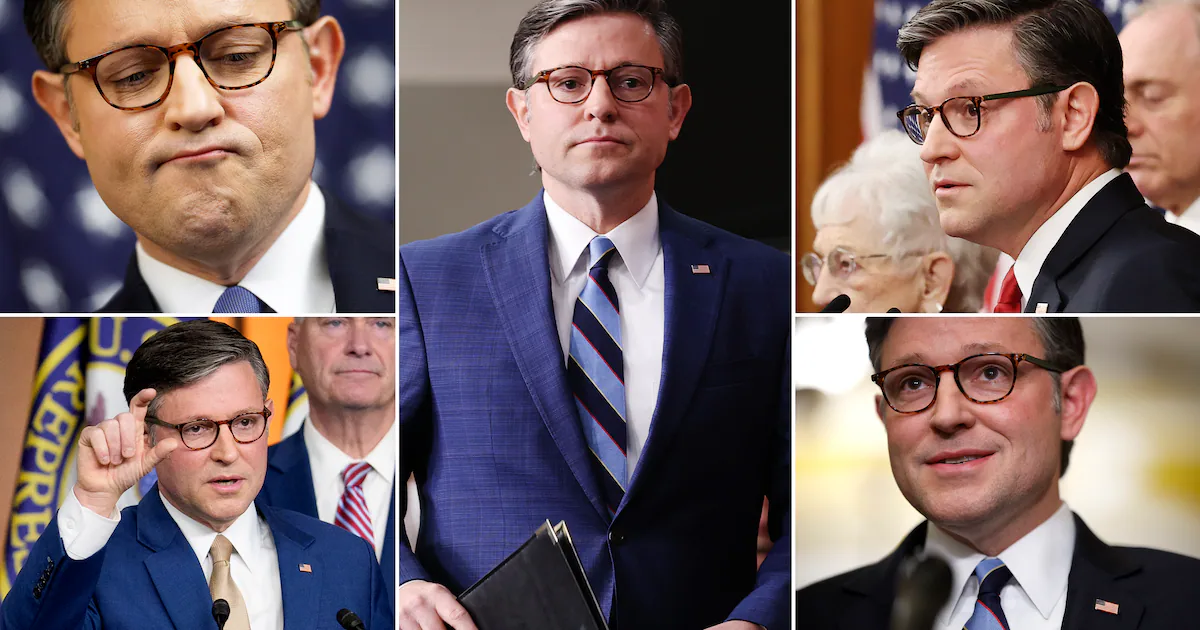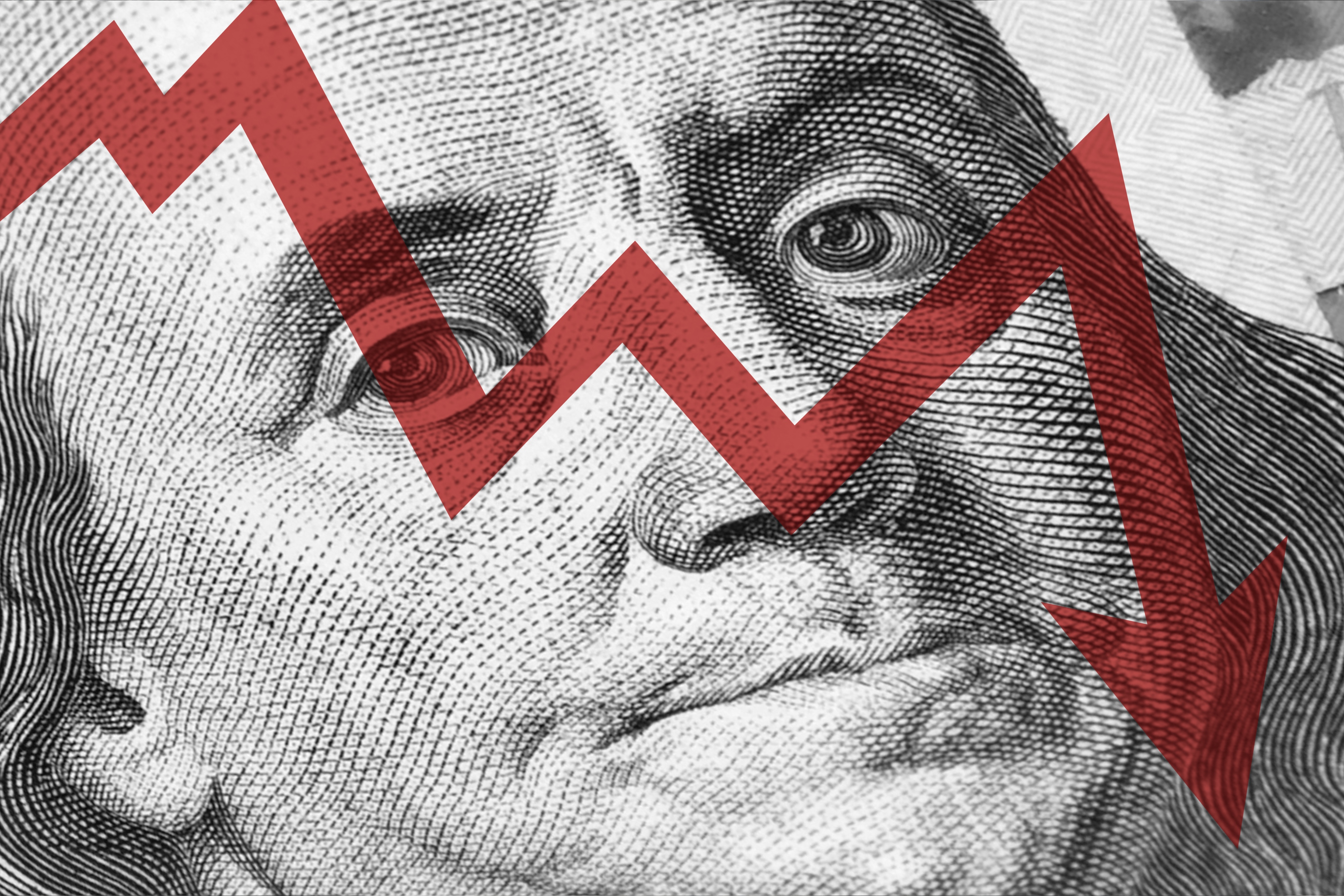Copyright cleveland.com

DETROIT — The debate over the NBA’s grueling 82-game schedule is intensifying, and this time, the conversation has reached Cleveland’s sideline. Cavs head coach Kenny Atkinson added his voice to the growing movement for change, aligning himself with coaches like Golden State’s Steve Kerr who believe the league would benefit from fewer games. Atkinson’s comments came before Cleveland’s matchup in Detroit, a game that capped both teams’ third contest in four nights — the kind of stretch that fuels questions about how sustainable the current pace really is. “We talked pregame with Kenny Atkinson about the 82-game season kind of being shrunk and him saying that he would be down for that and kind of reiterating the fact of what Steve Kerr said in different interviews in the past,” Wine and Gold Talk podcast host Ethan Sands noted. “Maybe 70-72 games would allow for a better product for the NBA, would allow players to get more rest and would allow for fans to be able to have more meaningful games to watch and their favorite players be available more often.” More Cavs coverage Cavs defense sets standard for remainder of the season against Pistons The Cavs’ defensive blueprint and the NBA’s 82-game question with Omari Sankofa II: Wine and Gold Talk podcast Cavs sharpshooter injures hip in win over Pistons It’s a topic that hits close to home for Cleveland. Through the season’s opening stretch, the Cavs have already managed multiple absences for Darius Garland, Max Strus, and Lonzo Ball. The NBA’s marathon schedule continues to test depth and endurance, even for teams built on balance and depth like Cleveland. In the latest episode of the Wine and Gold Talk podcast, Detroit Free Press Pistons reporter Omari Sankofa II made perhaps the strongest case yet for a shortened season – suggesting the league could potentially cut nearly 20 games without sacrificing entertainment value. “A lot of people would agree that 82 games is probably a bit excessive,” Sankofa said during a discussion about the growing wave of injuries across the league. “Like I would even argue you could go down to like 64 probably and not miss much. Just from a quality standpoint.” That quality concern is becoming more visible by the week. Teams are increasingly reliant on rest days and rotation management to preserve their stars. And even then, injuries are mounting. Sankofa, who has covered the grind of multiple 82-game seasons, said that fatigue often strips away what makes the NBA product elite — the energy, execution, and intensity that define the league at its best. “As a fan a lot of times you’re just going to inherently get not as good of an experience watching a fatigued basketball team,” he said. “I personally feel like if they went to like 72 [games] that would be more of a sweet spot because you would eliminate some back to backs, you would just eliminate some of the more wild stretches of the season.” Atkinson’s Cavaliers have felt that firsthand. The schedule has left the team juggling rest management with chemistry-building, especially under a second-year coach trying to install tweaks to his already adjusting system. While Cleveland’s defensive identity has begun to take shape early, maintaining that edge through the midseason grind is a different challenge entirely — one Atkinson clearly believes a shorter schedule could help solve. Fewer games wouldn’t just mean fresher legs; they could mean better basketball. With each contest carrying more weight, the hope is that both effort and energy would rise league-wide — something Atkinson and Kerr, both system-driven coaches, have long valued. The financial implications remain the biggest hurdle. Reducing the schedule would affect ticket revenue, TV contracts, and player salaries. But as Sankofa pointed out, the question isn’t just financial — it’s philosophical. How do you balance the league’s business model with the quality of the game? “From a financial standpoint I don’t know if that’s feasible,” Sankofa acknowledged. To hear the full discussion about the NBA schedule debate and much more insight on the league’s current challenges, check out the complete episode of the Wine and Gold Talk podcast. Here’s the podcast for this week:



